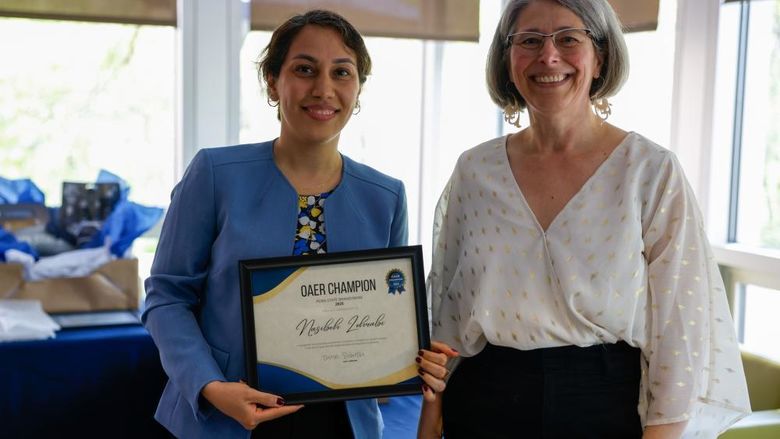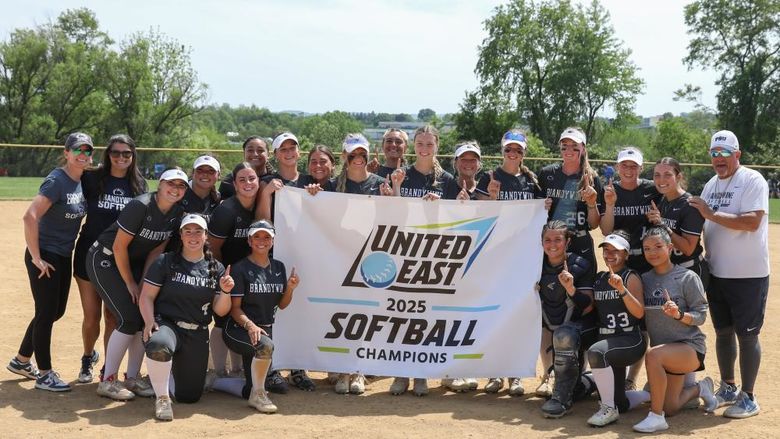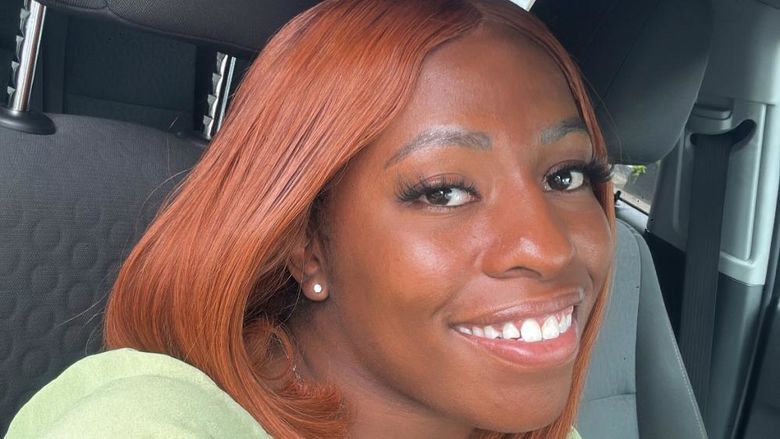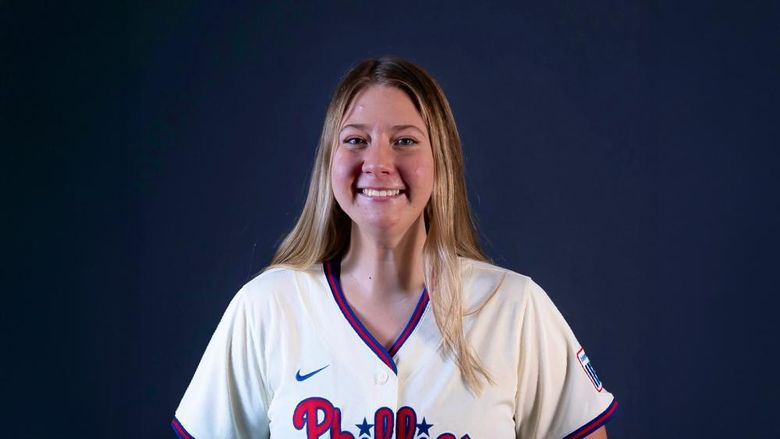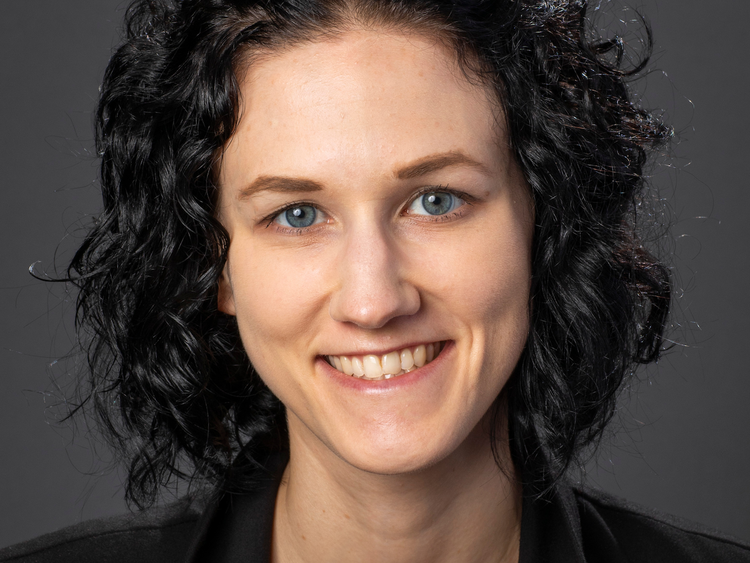
New Faculty Spotlight
Name: Rachel Skinner
Title: Assistant Teaching Professor of Biology
Rachel Skinner joined Penn State Brandywine’s biology department as an assistant teaching professor in August. She earned her bachelor’s degree in biology from Transylvania University, a master’s degree in biology from Villanova University and a doctorate in entomology from the University of Illinois. With previous experience doing postdoctoral research at Purdue University and being a teaching assistant at the University of Illinois, Skinner comes to Brandywine ready to share her passion for biology with her students.
Brandywine: What courses are you teaching?
Skinner: I am currently teaching biology basic concepts and biodiversity, as well as human anatomy and physiology.
Brandywine: What interested you in teaching at Brandywine?
Skinner: I was interested in teaching at Brandywine because I thought it was a good opportunity to have the smaller campus feel. You can interact more with the students, but then you also have that actual connection to all the other Penn State campuses. At Brandywine, we have a lot of resources, but still get to have small classes. You don't have to teach 600 people at once in a large lecture hall.
I was interested in teaching at Brandywine because I thought it was a good opportunity to have the smaller campus feel.—Rachel Skinner , assistant teaching professor of biology
Brandywine: What is your background and experience?
Skinner: Before coming to Brandywine, I did a postdoctorate at Purdue University with the Stephen Cameron Lab where I was working on thrips, which are a kind of insect. At the lab, we worked on thrips phylogenetics and gathered a lot of DNA data. In my role, I was going through the data and trying to find endosymbiont bacteria that might be living in thrips. Before that, I was at the University of Illinois, which is where I did my Ph.D. in entomology.
Brandywine: What has been one of your most challenging experiences as a professor? How did you overcome it?
Skinner: It's been interesting to go back to some of the earlier stuff that I learned in biology that I hadn't thought about for a long time. It was challenging to go back and try to think about that again and try to remember what I'd learned. I also think it's challenging to come up with or to try to figure out ways to help students apply what they have learned, so not just memorizing facts, but being able to use them when they're presented with a new problem.
Brandywine: What are your research interests?
Skinner: In addition to insects, I'm also interested in birds, but I don't research them. It's harder to research vertebrates, so I haven't done anything with that. I think it would be interesting to do maybe observational stuff, but I don't have anything planned for that.
Brandywine: What made you interested in pursuing a degree and career in biology?
Skinner: I've always been interested in nature and wanted to find out more about it. I liked insects, which is why I did the entomology program. I think there are so many things that you can do with insects. There are so many subfields of entomology. I like to call it a gateway science because you can get into so many different fields through entomology.
Brandywine: You’ve taught a wide variety of topics including human anatomy, principles of systematics, microbiology, environmental biology, and even the biology of dinosaurs — which one of these topics was your favorite and why?
Skinner: I think the favorite course that I taught was my principles of systematics course. It was one of the last courses I taught during my Ph.D. program as a teaching assistant. It was great because it was something that I knew a lot about and was interested in. It was fun to be able to feel like I was helping students.
Brandywine: In addition to your educational work, you’ve also done a lot of volunteer work and have been for many years. What motivated you to go into volunteering and community service?
Skinner: I think it's good to be involved in your community, interact with others and give something back to the people. I've been on committees for professional societies at the University of Illinois to teach people about entomology. I enjoyed going out and talking to people about insects. I was able to introduce them to insects in a really low-stress environment. A lot of people are scared of insects, so it's great to be able to introduce them to them that way.
I think it's good to be involved in your community, interact with others and give something back to the people.—Rachel Skinner , assistant teaching professor of biology
Brandywine: What do you enjoy doing in your free time?
Skinner: I like creating art — I like to digitally draw on my computer. I also do a lot of paper art called quilling and recreate nature scenes. I also like to go hiking and birdwatching.
Brandywine: Anything else to add? Anything you would like people to know about you?
Skinner: When I'm more settled into having classes and things prepared, I'm interested to start looking at arthropod diversity on campus and seeing what kind of insects are here and how maybe different environments, especially out in the woods with the invasive plants, are affecting them. I think that’s something I want to start next year.
